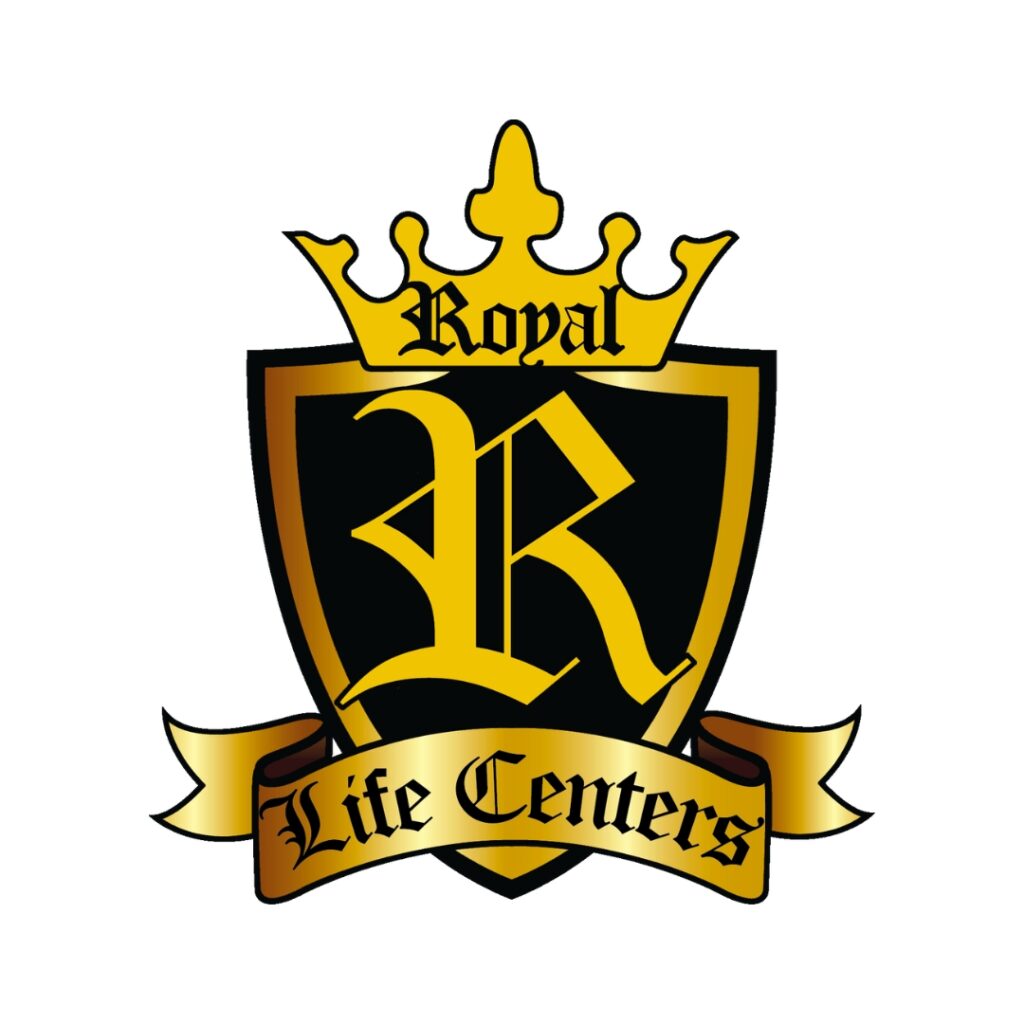As cocaine continues to grow in popularity, many people find themselves asking the question of whether this drug is a stimulant or a depressant. This is because of the differing effects this drug can have depending on how it is used and the person who is taking it. Understanding exactly what cocaine is and how it works can help you keep yourself and your loved ones safe from this drug’s dangerous side effects.
What Is Cocaine?
Cocaine is a highly powerful and addictive stimulant drug. It is derived from the leaves of the coca plant and has been used in South America for thousands of years for its stimulant effects. The purified chemical, cocaine hydrochloride was isolated and purified from the plant in the early 1900s and used in tonics for treating a variety of ailments.
One of its main early uses was by surgeons for blocking pain, although the medical applications of cocaine became limited after research revealed that it carries a high risk for abuse and addiction through altering brain structure and function with repeated use.
There are two chemical forms of cocaine that are commonly abused today. The first is the water-soluble hydrochloride salt, which comes as a powder that is commonly injected or snorted for a fast and intense high.
The second is the water-insoluble cocaine base (or free), which is made by processing cocaine with ammonia, baking soda, and water. This substance is then heated to remove the hydrochloride, producing a substance that can be smoked.
Today, cocaine is classified as a Schedule II controlled substance, meaning that, while it does maintain an accepted medical use in the U.S. today, it also poses a risk for abuse. In fact, it is most commonly used recreationally (and illegally) presently.
Why Is Cocaine So Addictive?
There are several reasons why cocaine is so highly addictive. This drug works by stimulating the brain’s pleasure and reward centers, releasing large amounts of dopamine into the brain. As a result, cocaine creates positive reinforcement by producing feelings of euphoria, excitement, and increased energy.
However, this intense high is quite brief, typically only lasting around 30 minutes. This is followed by a “crash” period, characterized by feelings of irritation, anger, depression, and anxiety. These negative emotions can keep the person coming back for more, creating a dangerous cycle of use and abuse.
As their tolerance to cocaine increases with each use, the person will need to use higher amounts of the drug to continue achieving the desired high. Over time, this can lead to dependence, in which their system becomes unable to function normally without access to the drug.
Cocaine dependence is characterized by intense cravings for the drug and withdrawal symptoms when not using it and is the predecessor to addiction, which can cause the person to continue to use cocaine despite this having negative consequences.
Is Cocaine a Stimulant or Depressant?
Cocaine belongs to the stimulant drug class due to its ability to produce boosts in energy and activity in the central nervous system. There are several characteristics of cocaine that place it in the stimulant category, including:
- Effects: Cocaine increases the levels of dopamine, a neurotransmitter that plays a crucial role in feelings of pleasure and reward. This surge in dopamine leads to the intense euphoria and energy associated with cocaine use.
- Mechanism: Cocaine prevents the reuptake of dopamine, meaning it stops the brain from reabsorbing the dopamine released. This results in a buildup of dopamine, causing the heightened activity and excitement characteristic of stimulants.
- Comparison: Other stimulants like amphetamines and caffeine share similar mechanisms and effects, further supporting cocaine’s classification as a stimulant.
Of course, it is important to remember that while cocaine initially produces stimulating effects, it can also have depressive consequences in the long run, as seen in the crash period after the initial high.
Additionally, chronic cocaine use can disrupt the brain’s natural reward system, making it difficult to experience pleasure from everyday activities, further contributing to depressive symptoms. With that being said, in terms of classification, cocaine is a stimulant, not a depressant.
Are you struggling with cocaine addiction?
Royal Life Centers at The Haven is here to help you recover. Because we care.
What Are the Signs and Symptoms of Cocaine Abuse?
Recognizing the signs and symptoms of cocaine abuse can be crucial in supporting someone struggling with this addiction. Cocaine impacts multiple aspects of a person’s life, manifesting in physical, behavioral, and cognitive changes.
Some of the most common signs and symptoms of cocaine abuse include:
- Physical Symptoms: Increased heart rate and blood pressure, dilated pupils, runny nose, nosebleeds, and damage to nasal passages, excessive perspiration, fever, loss of appetite, weight loss, insomnia, tremors, and muscle twitches.
- Behavioral Symptoms: Hyperactivity, excessive talking, changes in mood, irritability, aggression, reckless or risky behavior, withdrawal from friends and family, changes in sleep patterns, lying, stealing, or other behaviors to obtain cocaine, and financial problems.
- Cognitive symptoms: Poor judgment and decision-making, paranoia, hallucinations, delusions, memory problems, difficulty concentrating, depression, and anxiety.
While not everyone who exhibits these symptoms necessarily abuses cocaine, it is important to seek professional help if you recognize these signs in yourself or a loved one. Cocaine addiction is a serious disease, but with early intervention, you can significantly improve the chances of successful recovery.
What Is Cocaine Treatment Like?
Cocaine addiction treatment typically involves a multi-pronged approach, addressing both the physical and psychological aspects of dependence. Royal Life Centers is dedicated to providing a holistic and comprehensive approach to your recovery, incorporating a variety of services in the treatment process.
When seeking treatment at one of our facilities, you can expect to participate in several different levels of care, including:
- Detoxification: This initial phase focuses on safely managing withdrawal symptoms, which can be uncomfortable and even dangerous, and will include 24/7 medical monitoring, medications, and therapy.
- Inpatient Rehab: Our residential programs offer intensive therapy, support groups, and structured daily activities in a controlled environment.
- Outpatient Rehab: This will involve attending therapy sessions and group meetings while living at home.
- Partial Hospitalization Programs (PHPs): Our partial hospitalization programs offer intensive daytime treatment while allowing you to spend your evenings and weekends at home.
- Aftercare: Maintaining sobriety requires ongoing support and structure. Our aftercare plans often include continued therapy, support groups, relapse prevention education, and other services.
These are just a few of the treatment options you will have to choose from when you decide to seek treatment at one of our facilities. We provide holistic and individualized care to make sure every aspect of your substance abuse is being properly addressed.
Cocaine Addiction Treatment Options at Royal Life Centers
Addiction is a very personal disease, which is why it is important to find a treatment center that offers individualized care. At Royal Life Centers, we are to help you start your recovery as soon as possible. We accept most private insurance policies and offer affordable private rates if you are not covered through insurance. Give us a call today and we will help you choose the best treatment plan for you or your loved one.
If you are struggling with stress from the holidays, know that you do not have to go through this alone. To learn more about our program and how we can help you safely navigate the stress of the holiday season, reach out to us by calling 888-568-5998 to get started on your path to sobriety today!


- Holiday Mocktail Recipes for a Festive, Sober Winter - December 8, 2025
- What Do Crack Pipes Look Like? - August 27, 2025
- Morphine vs Heroin: What Is the Difference? - August 5, 2025


















